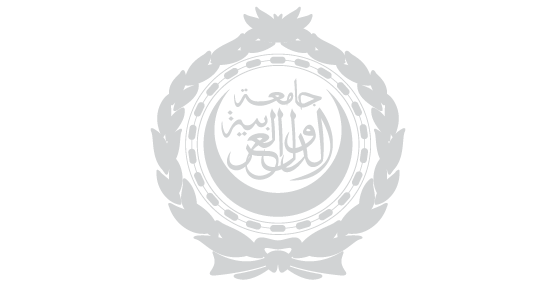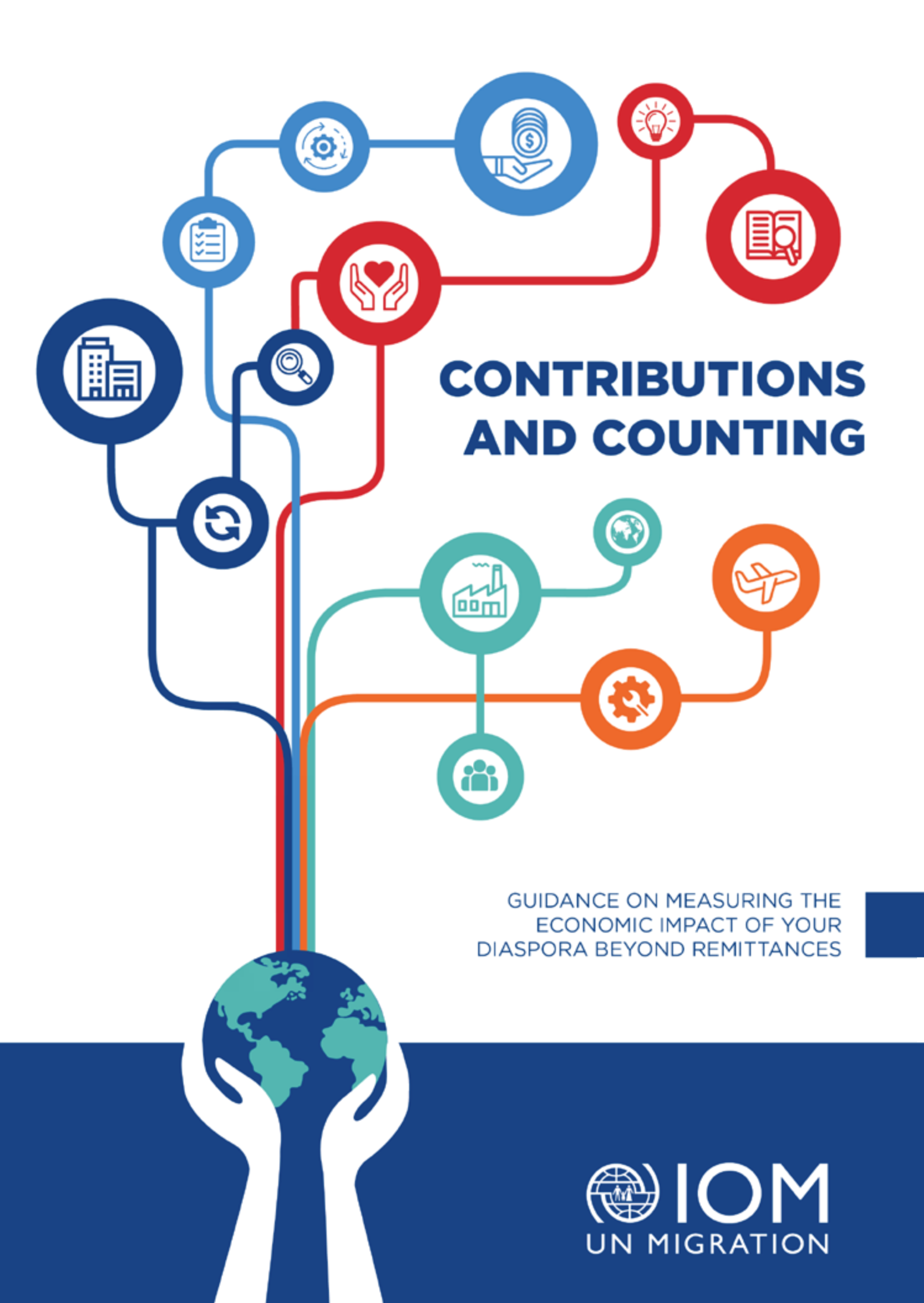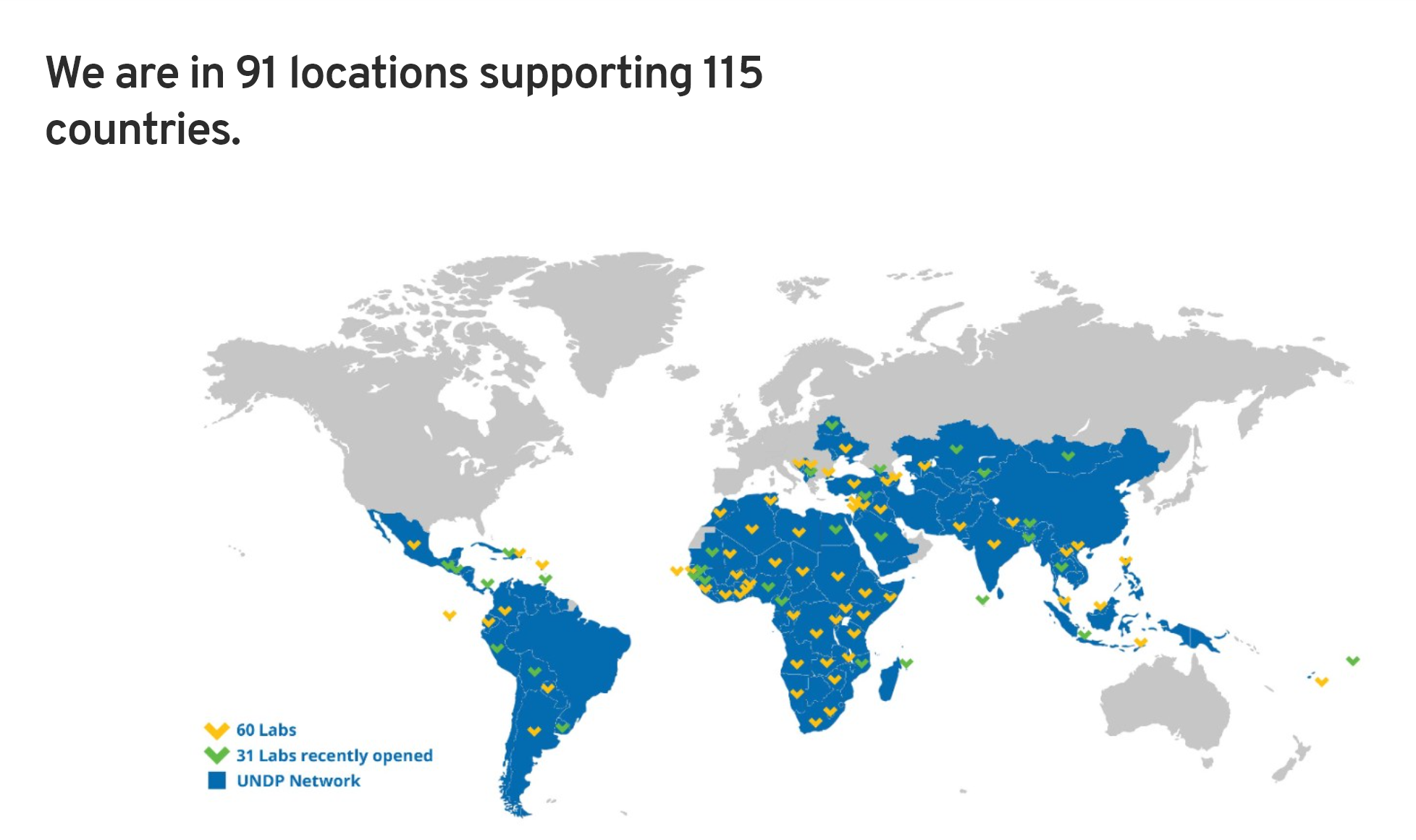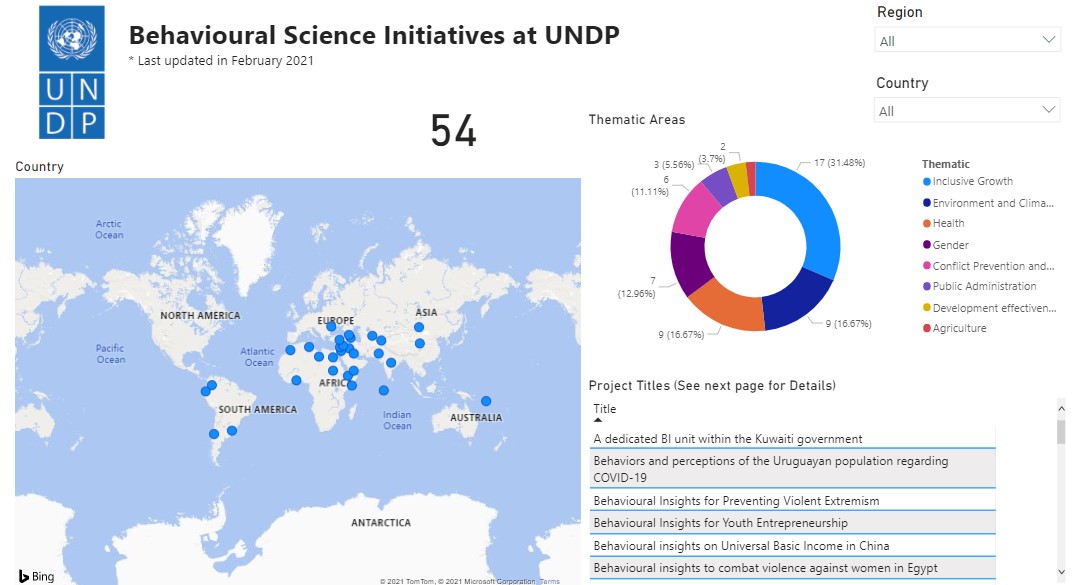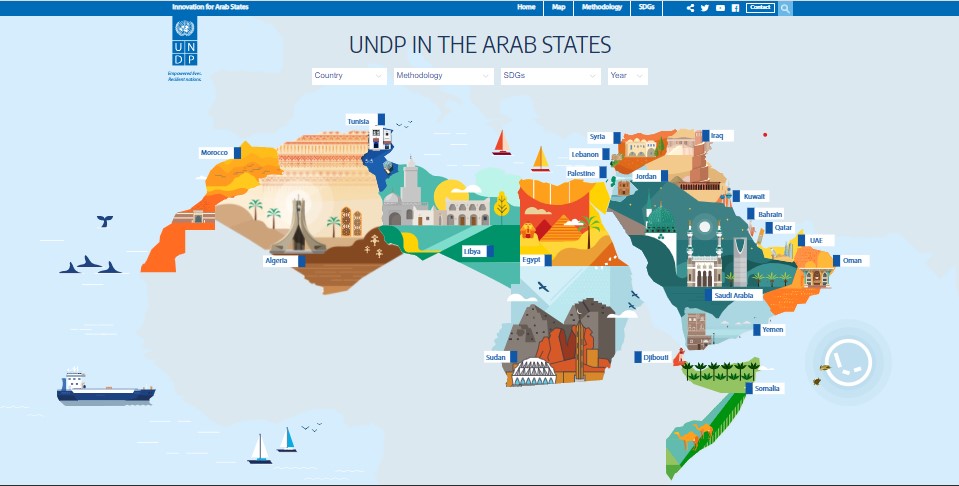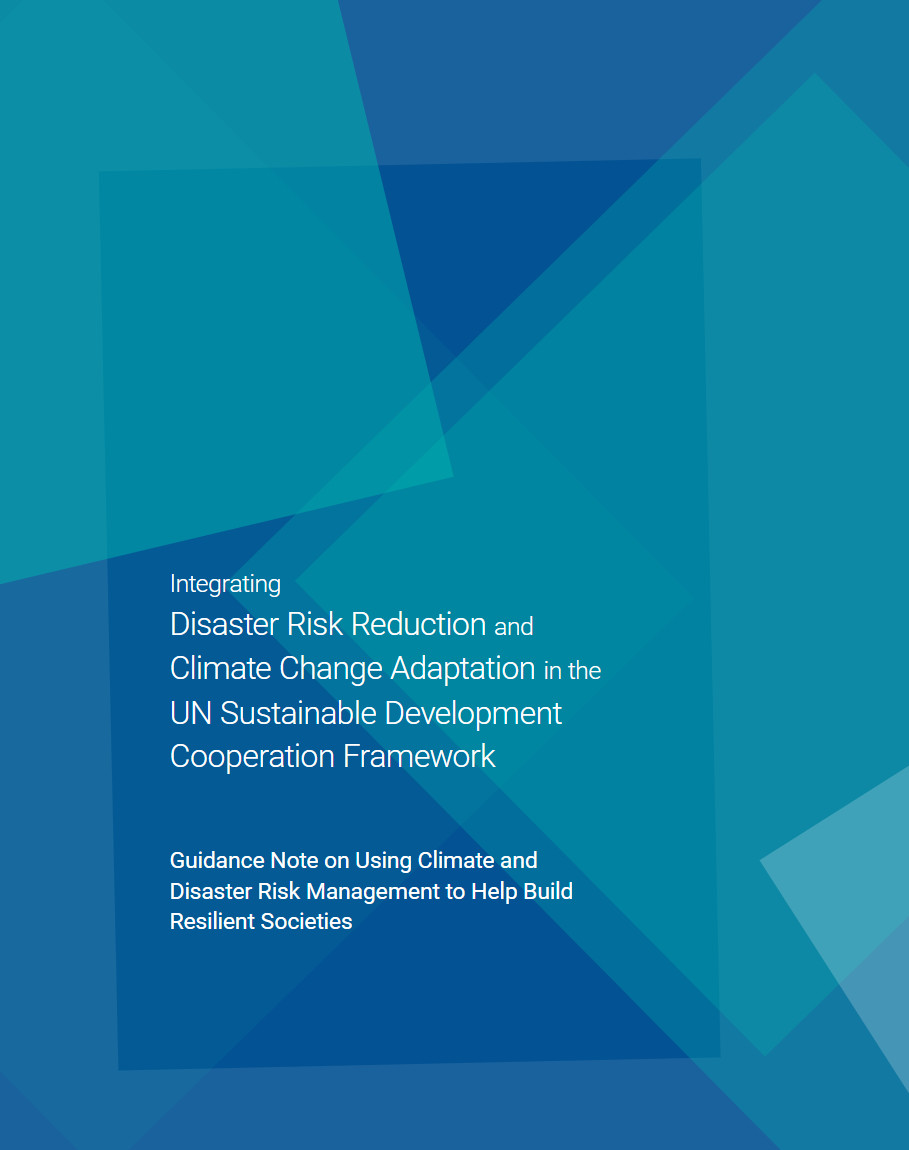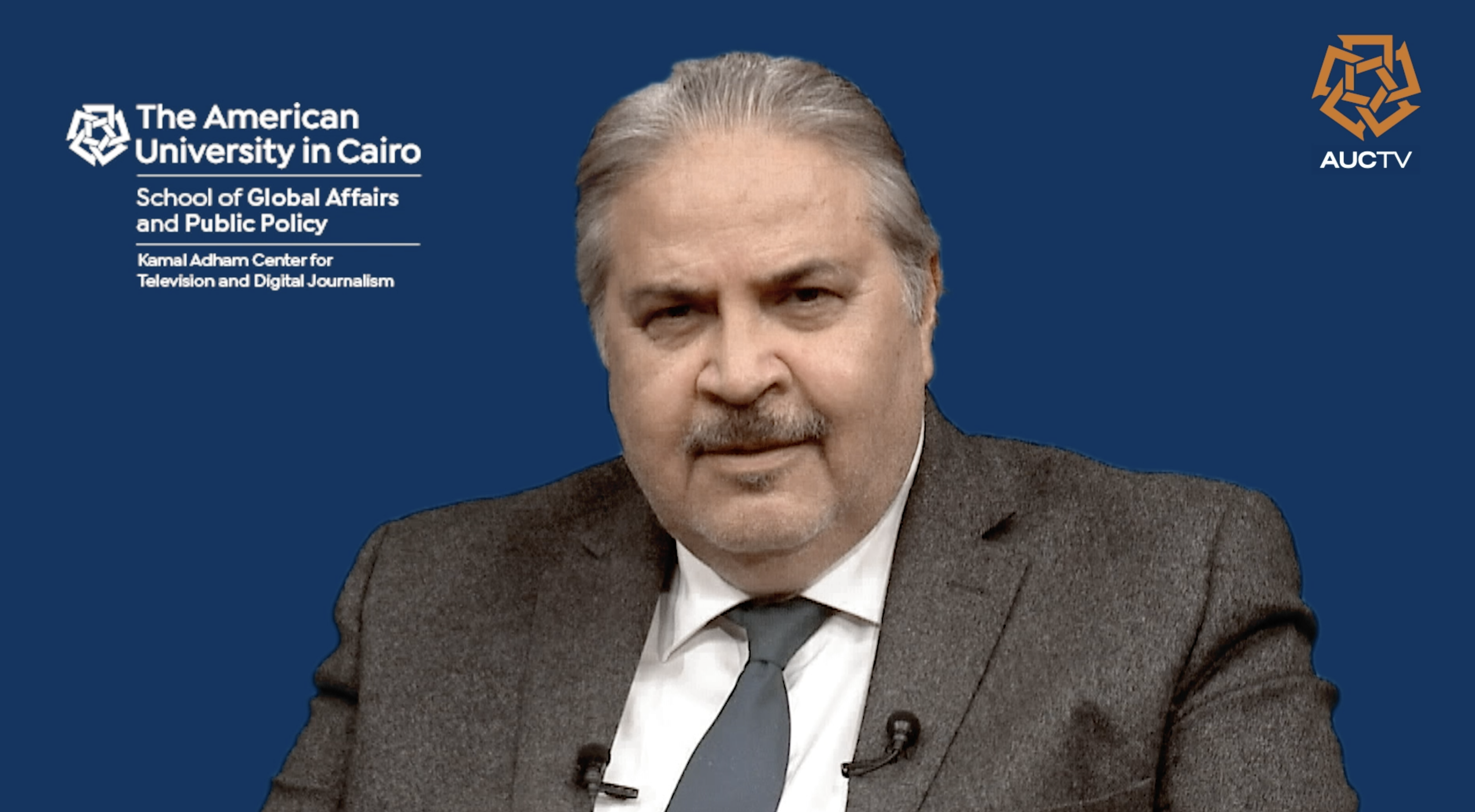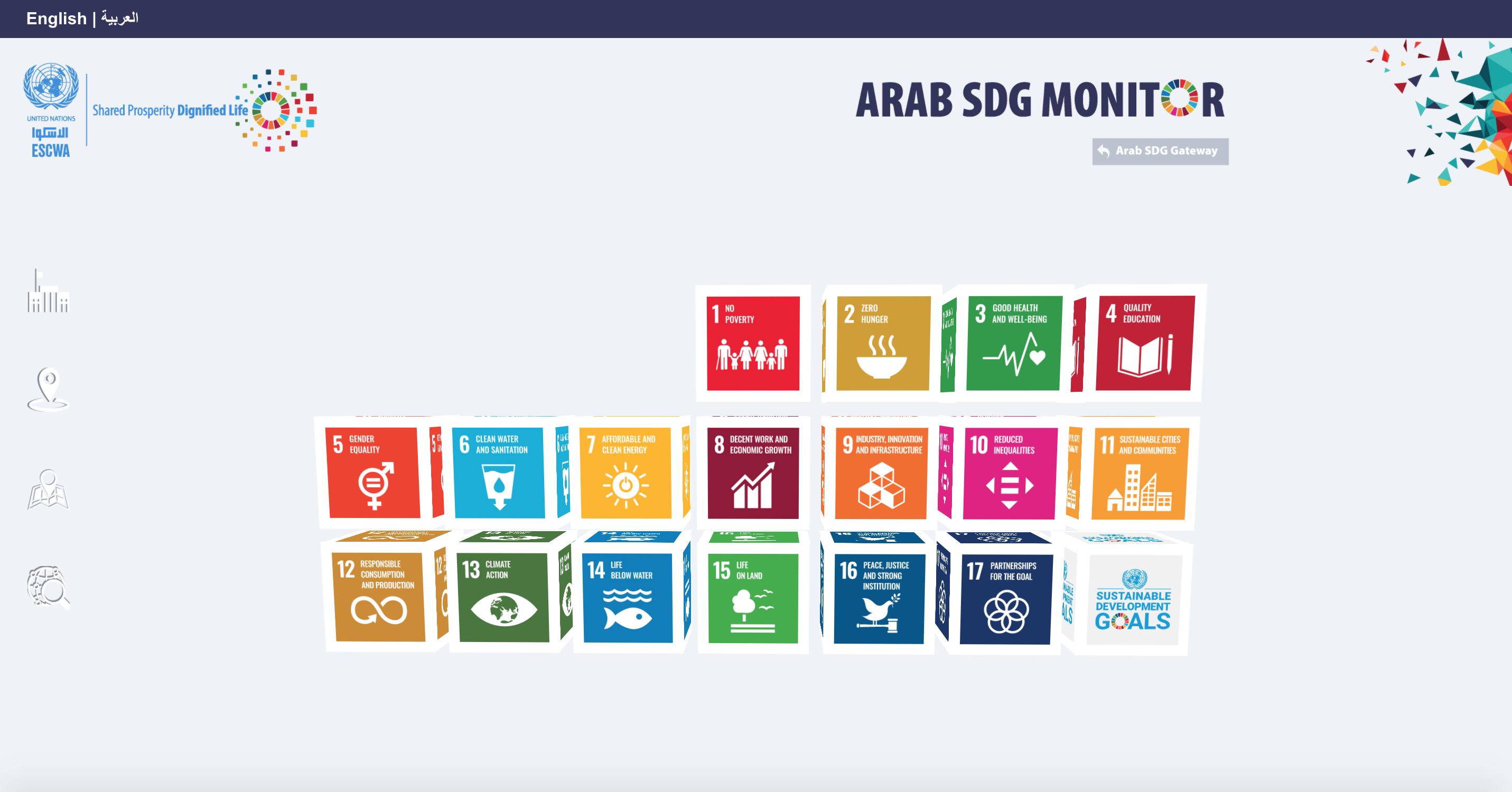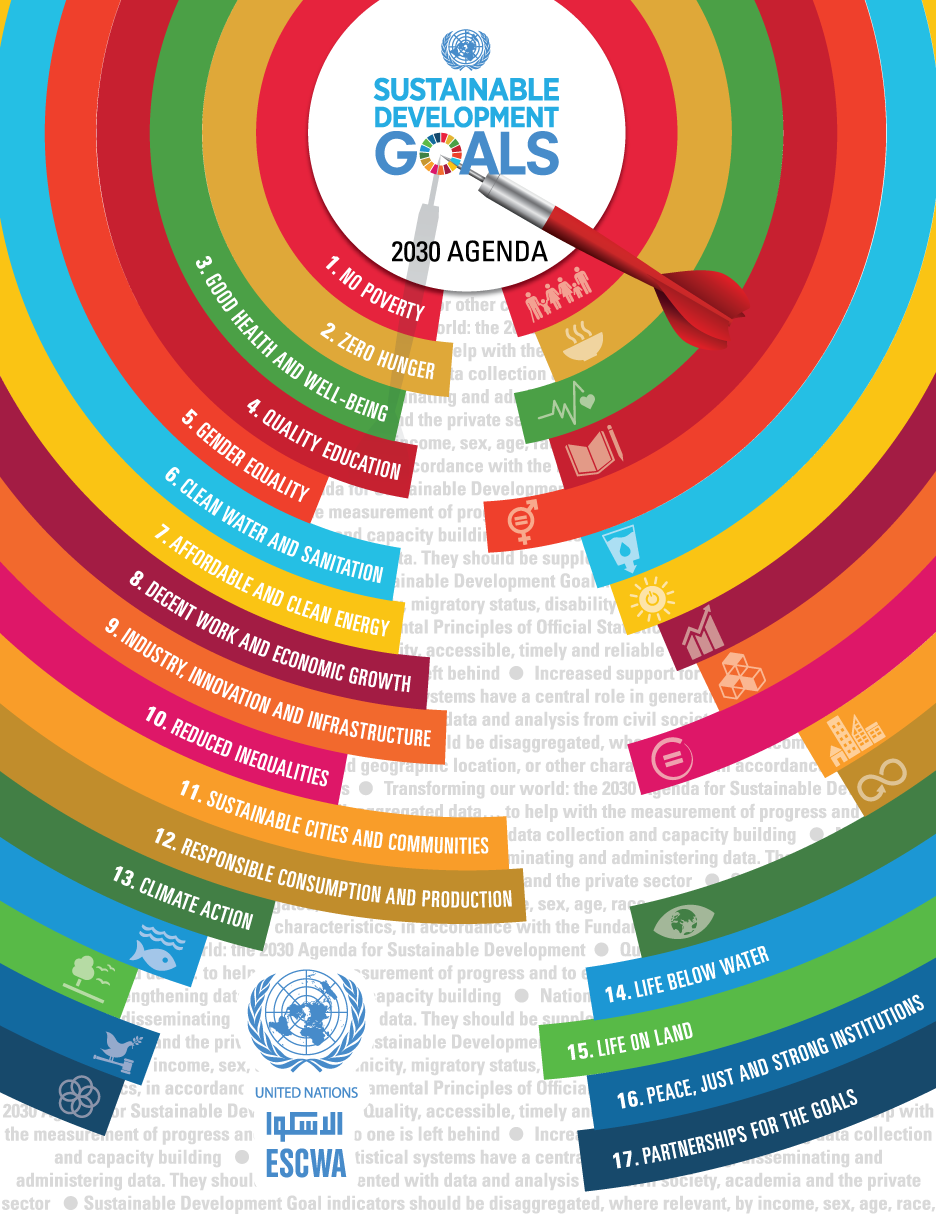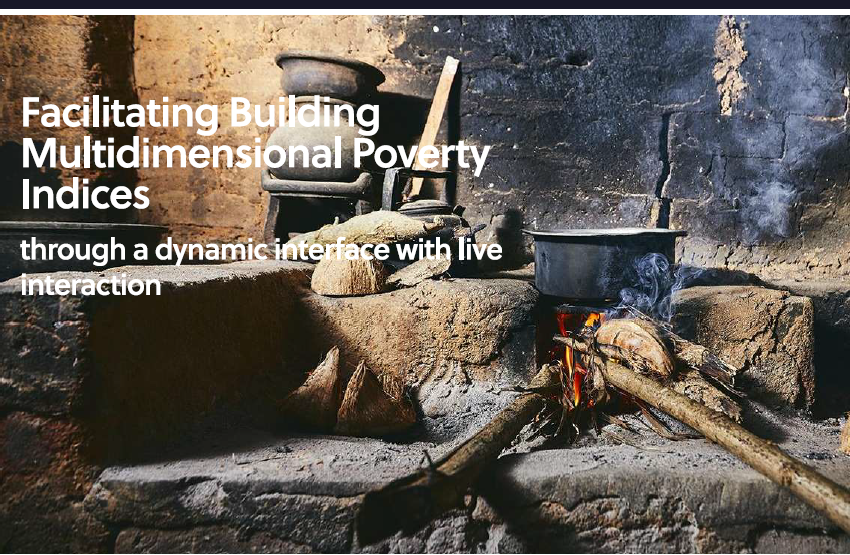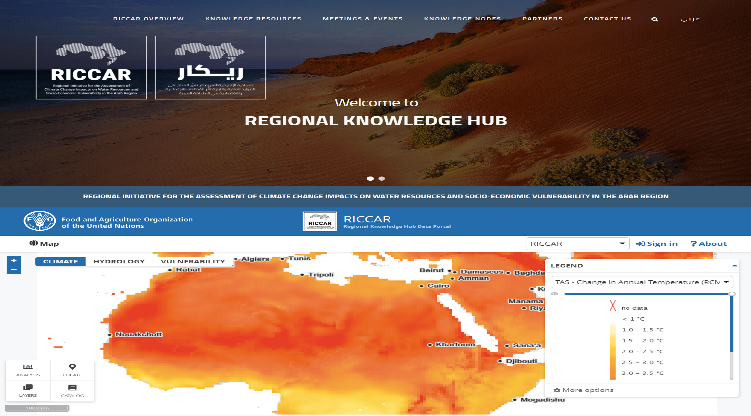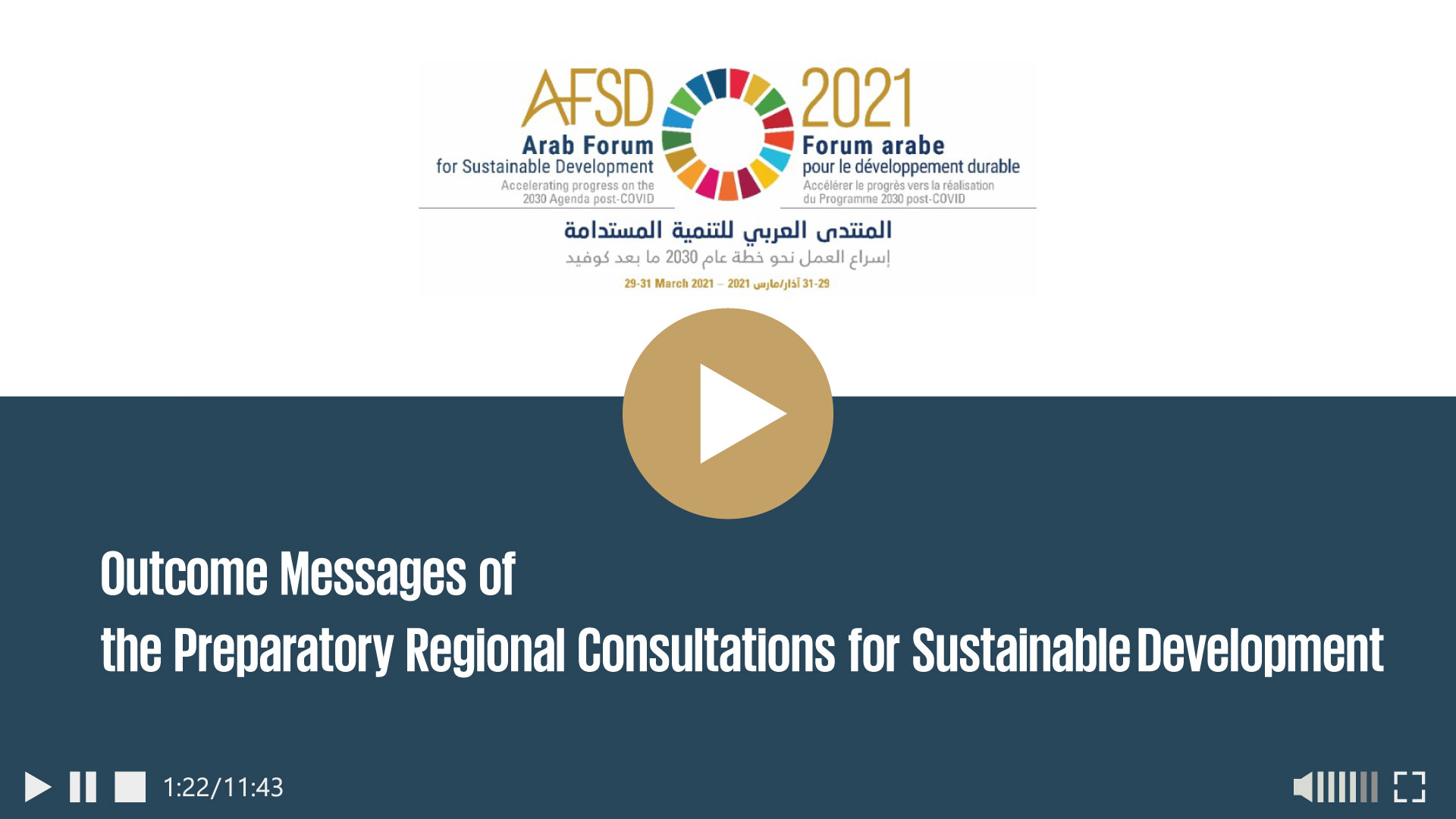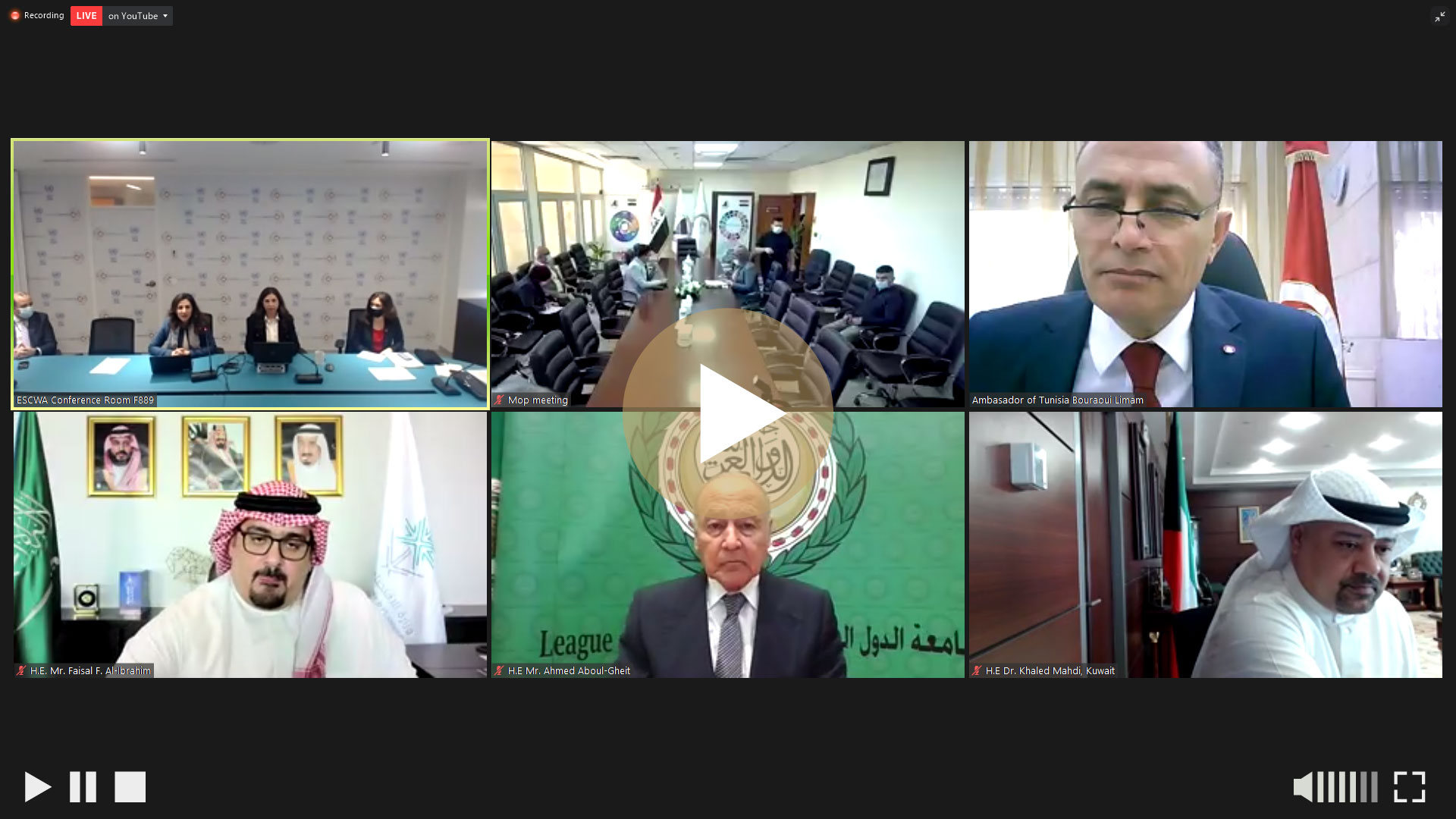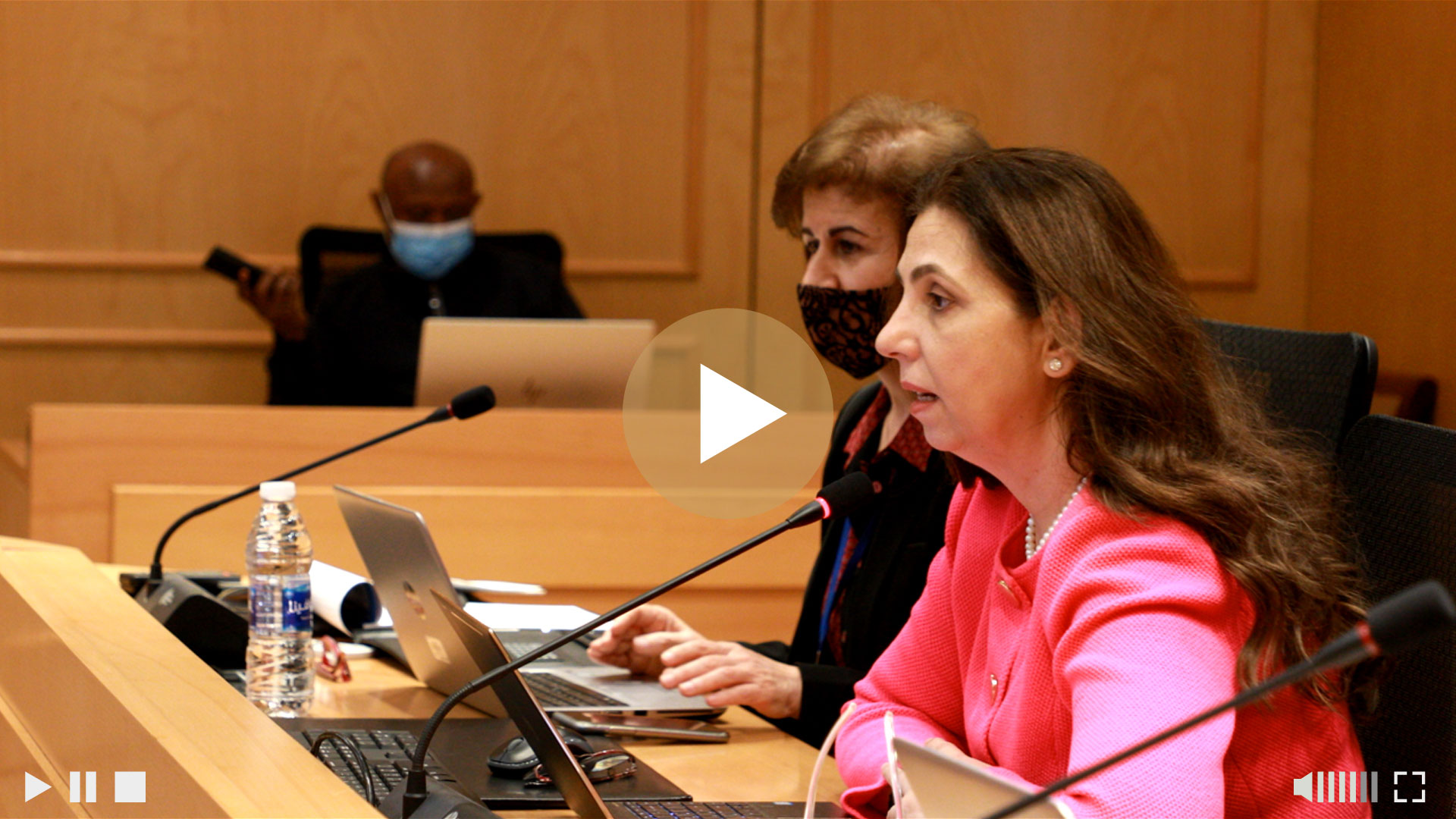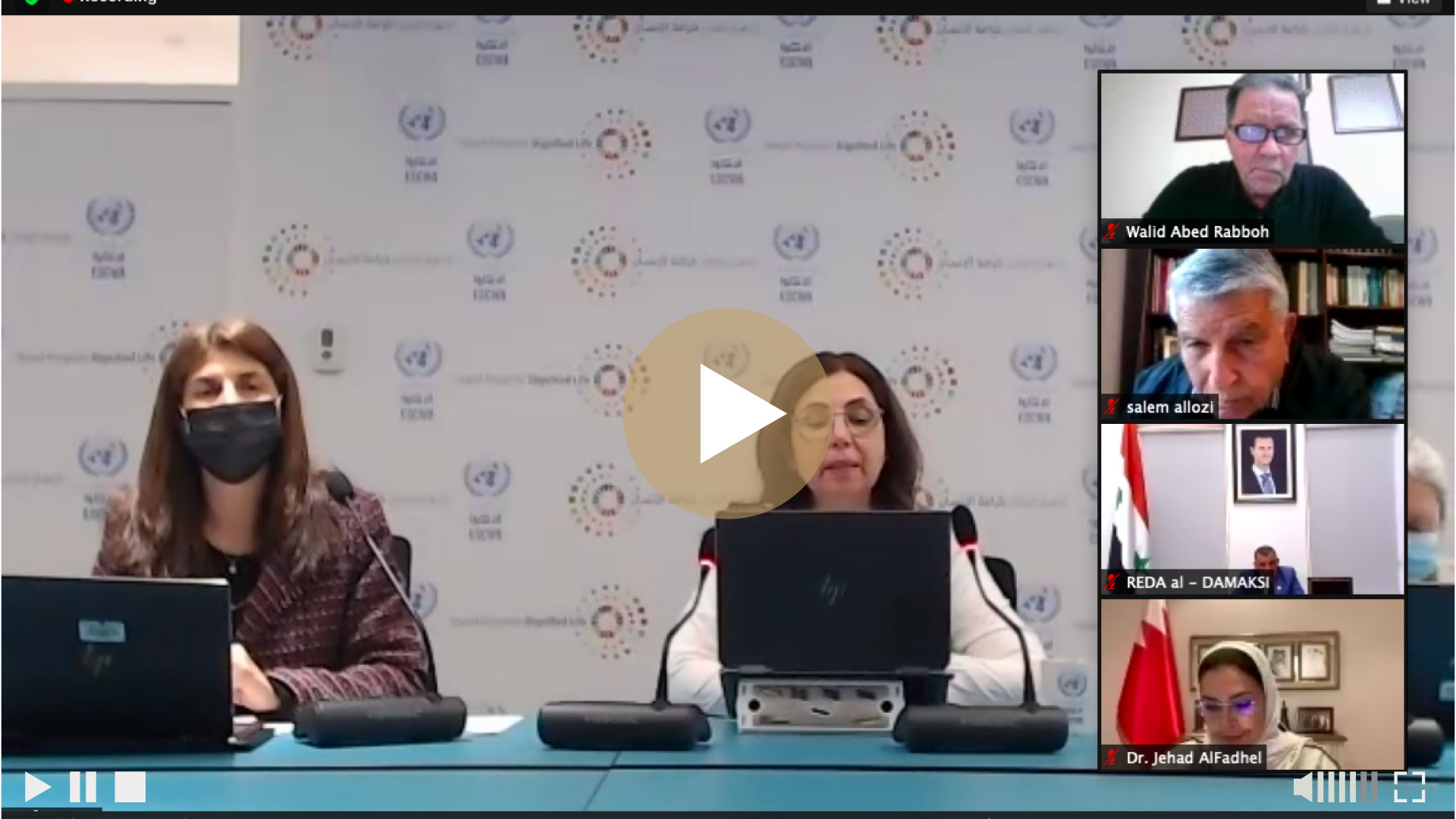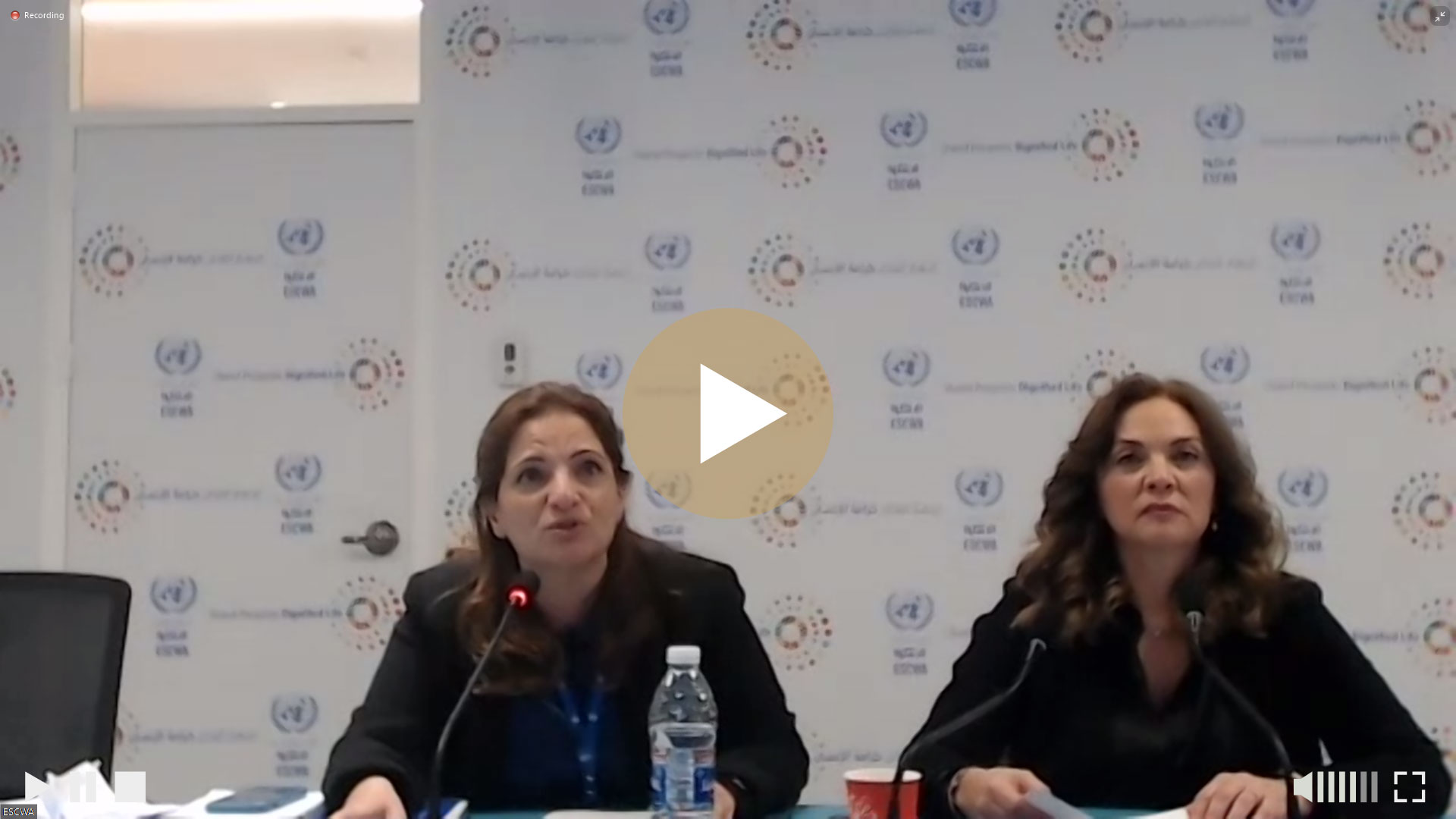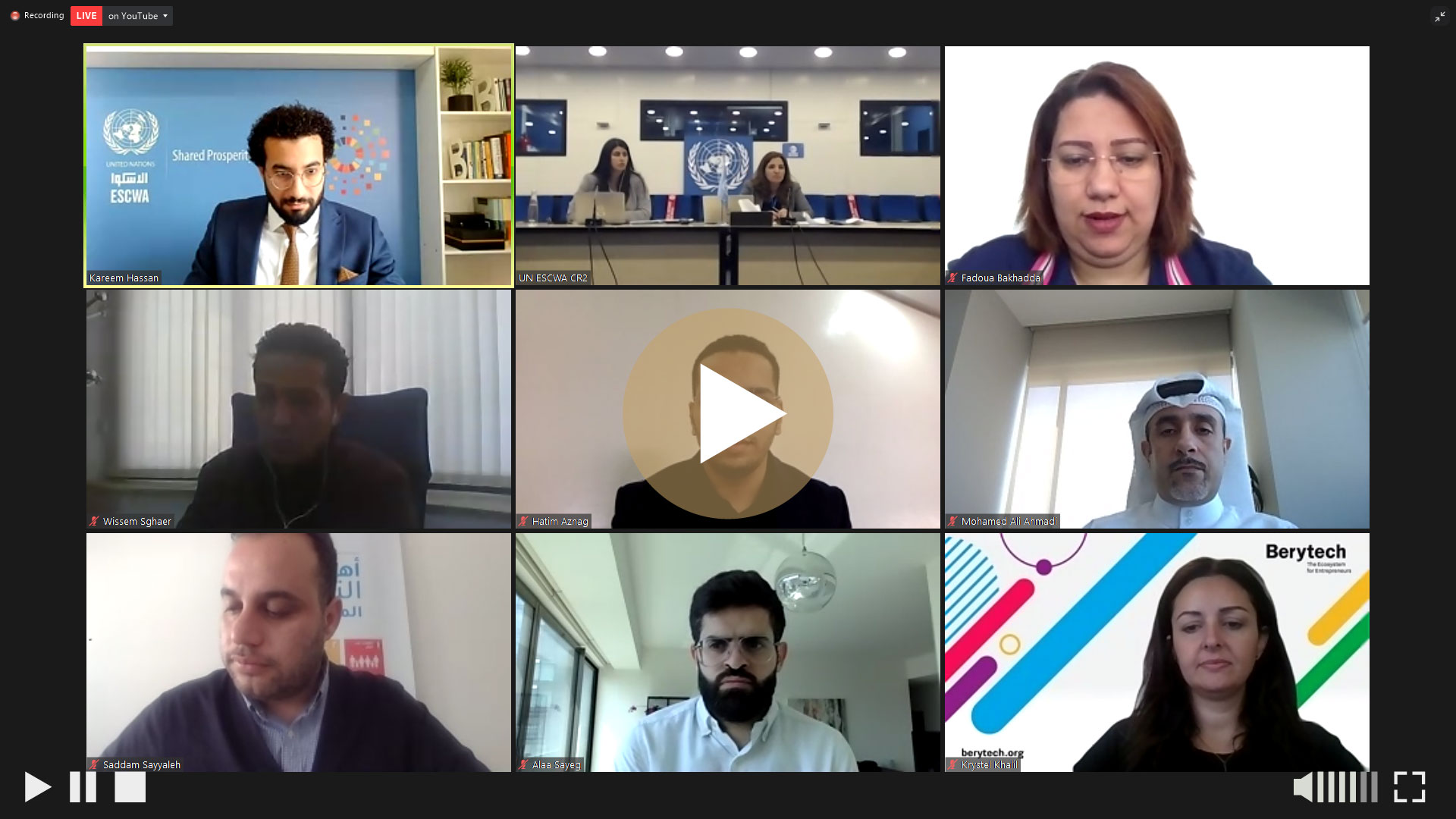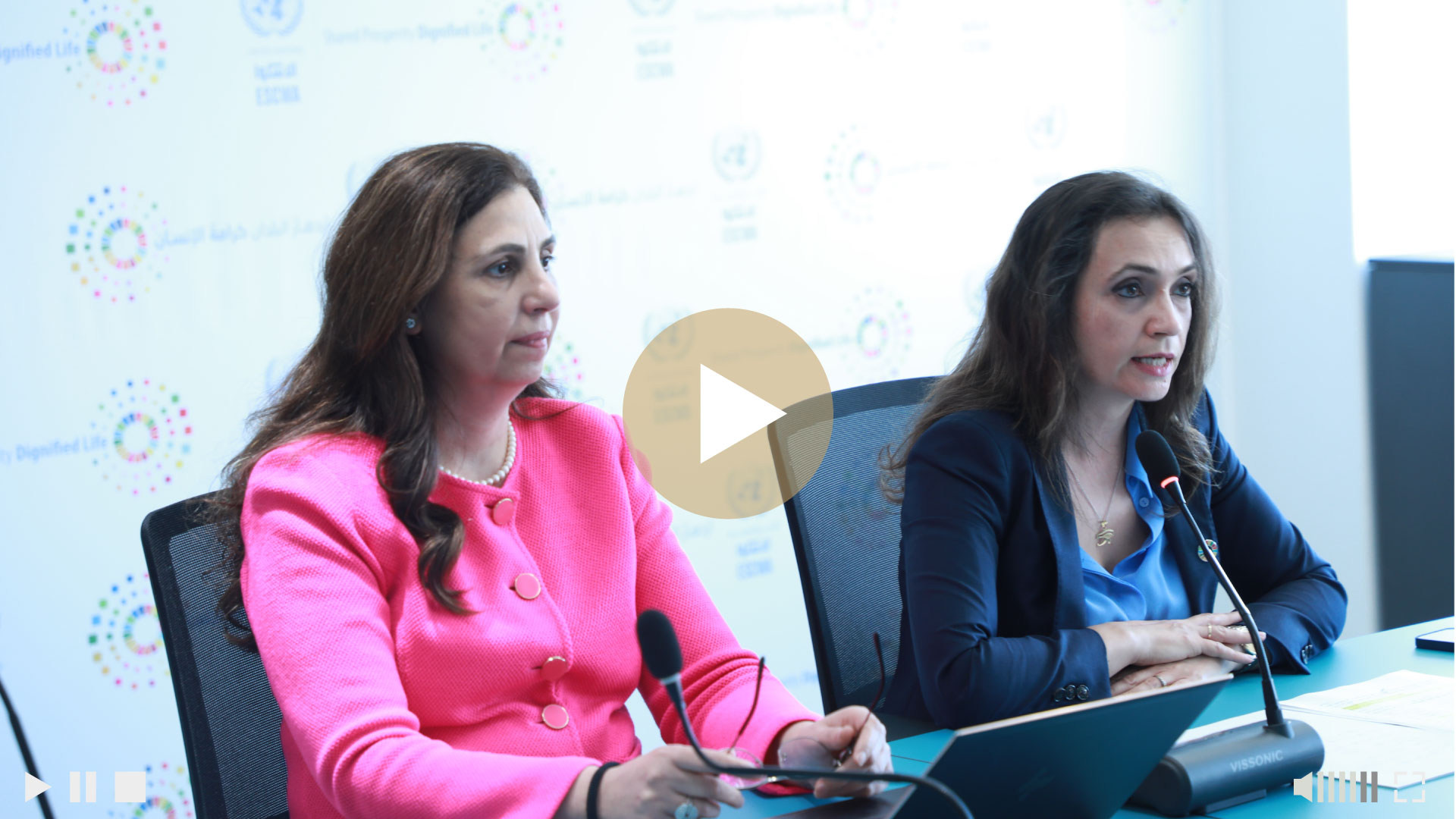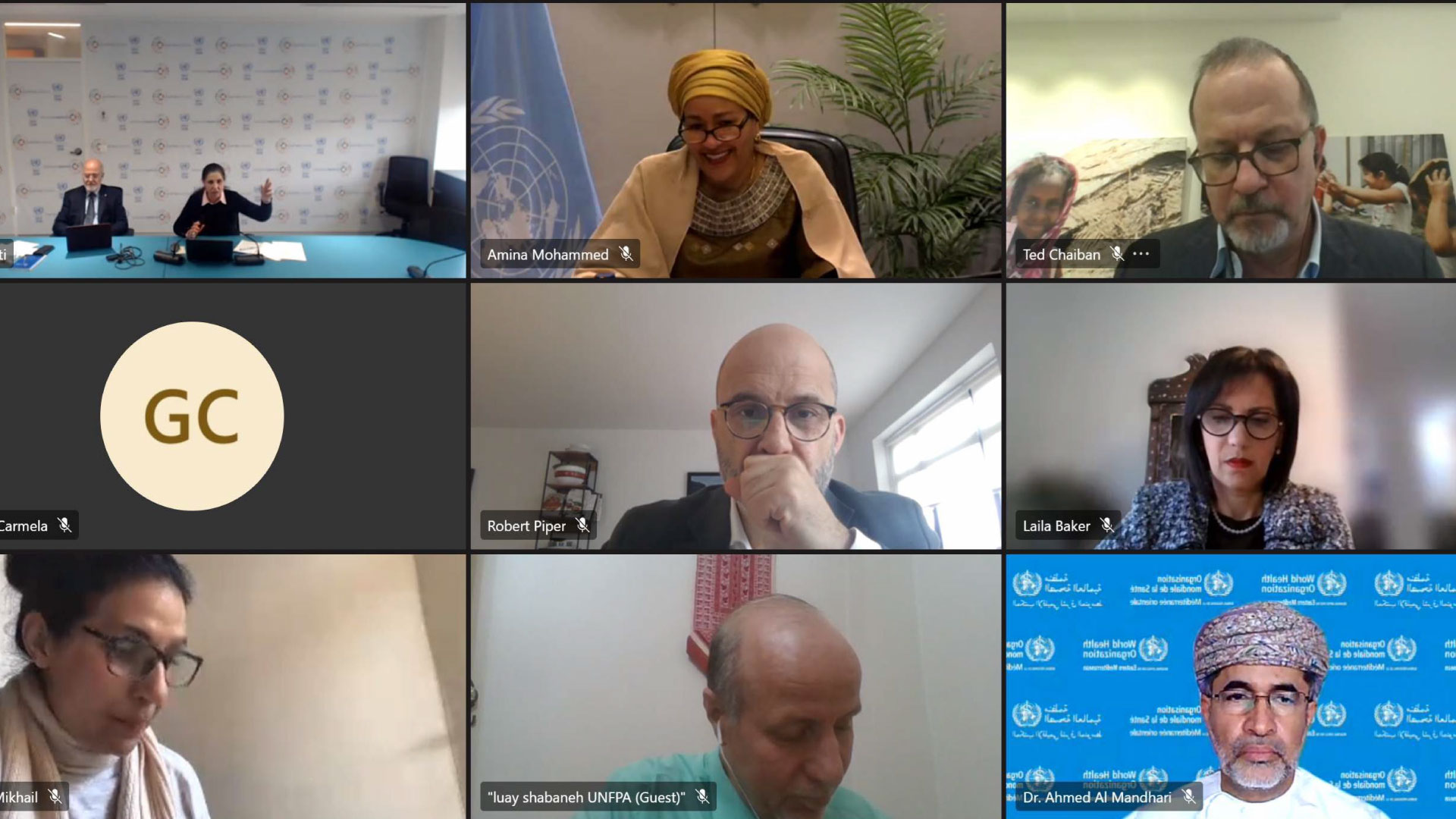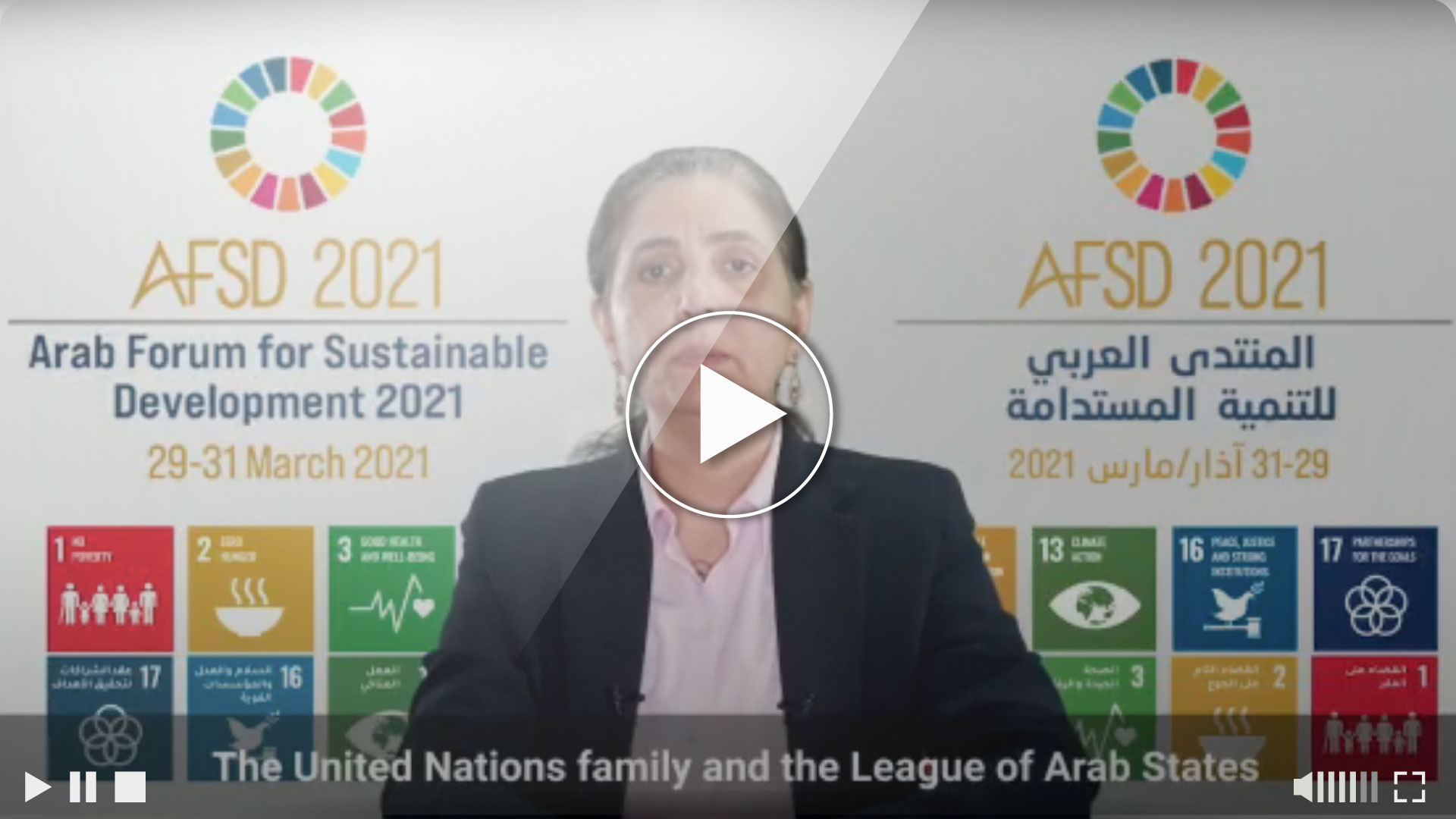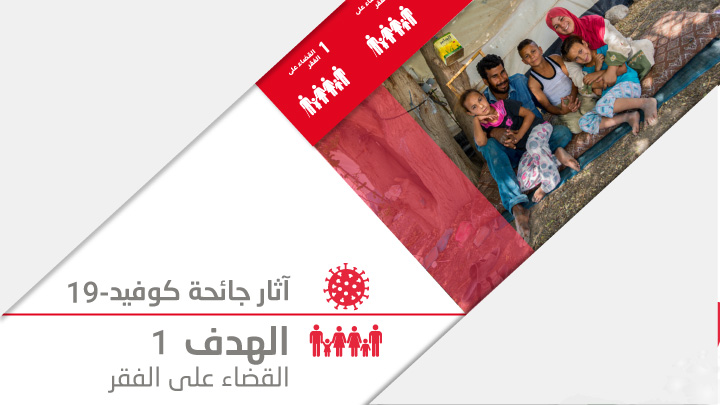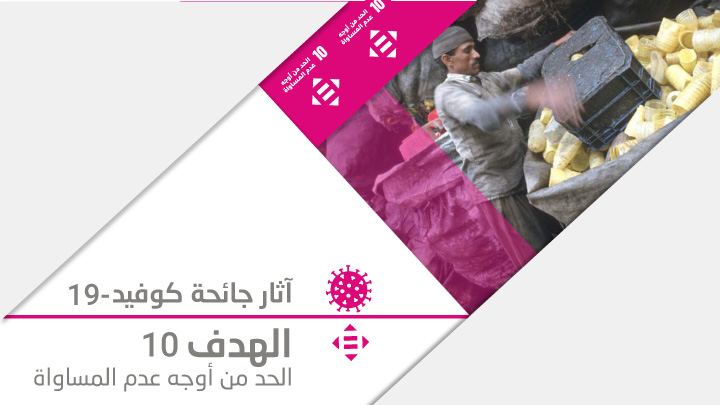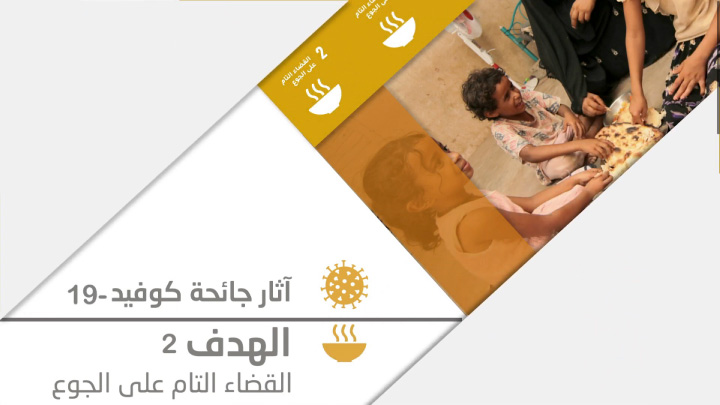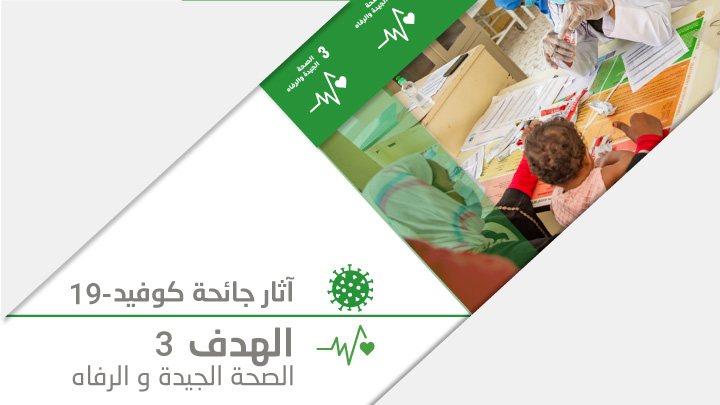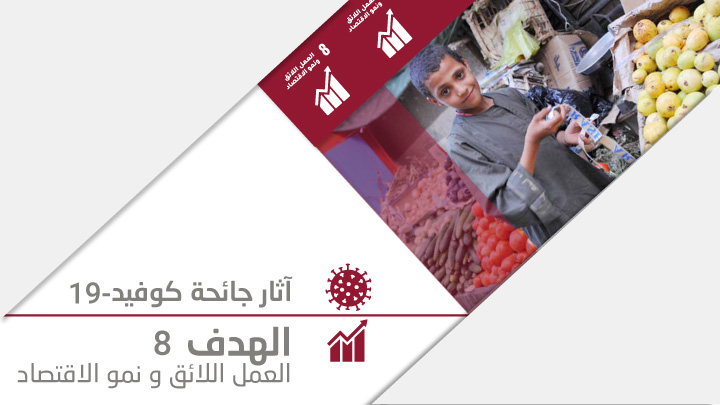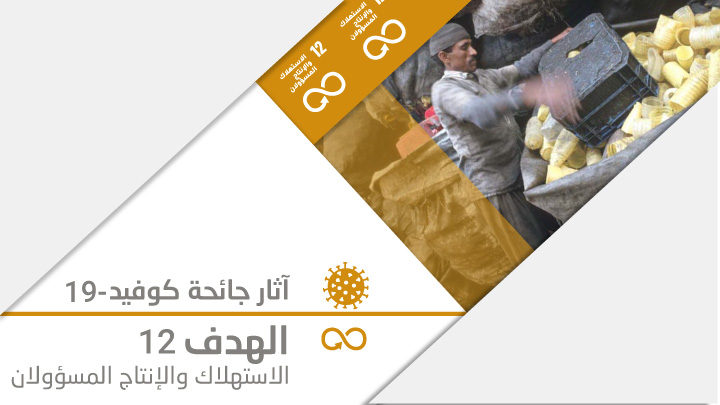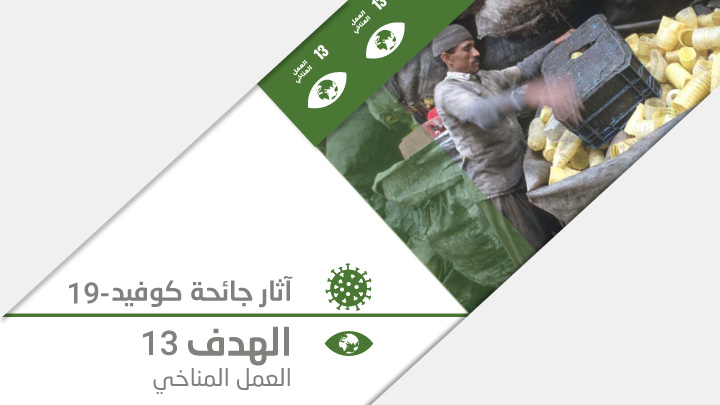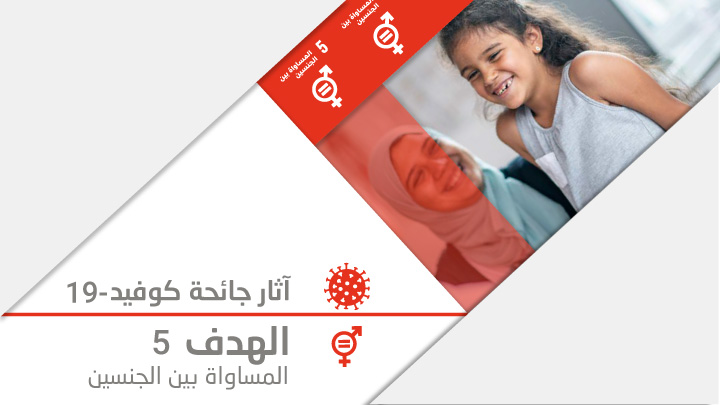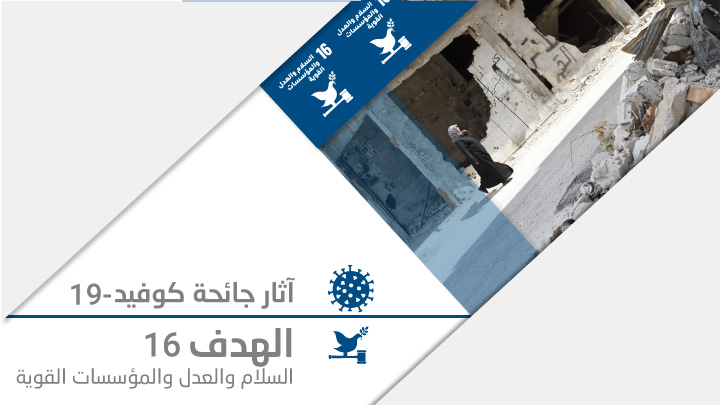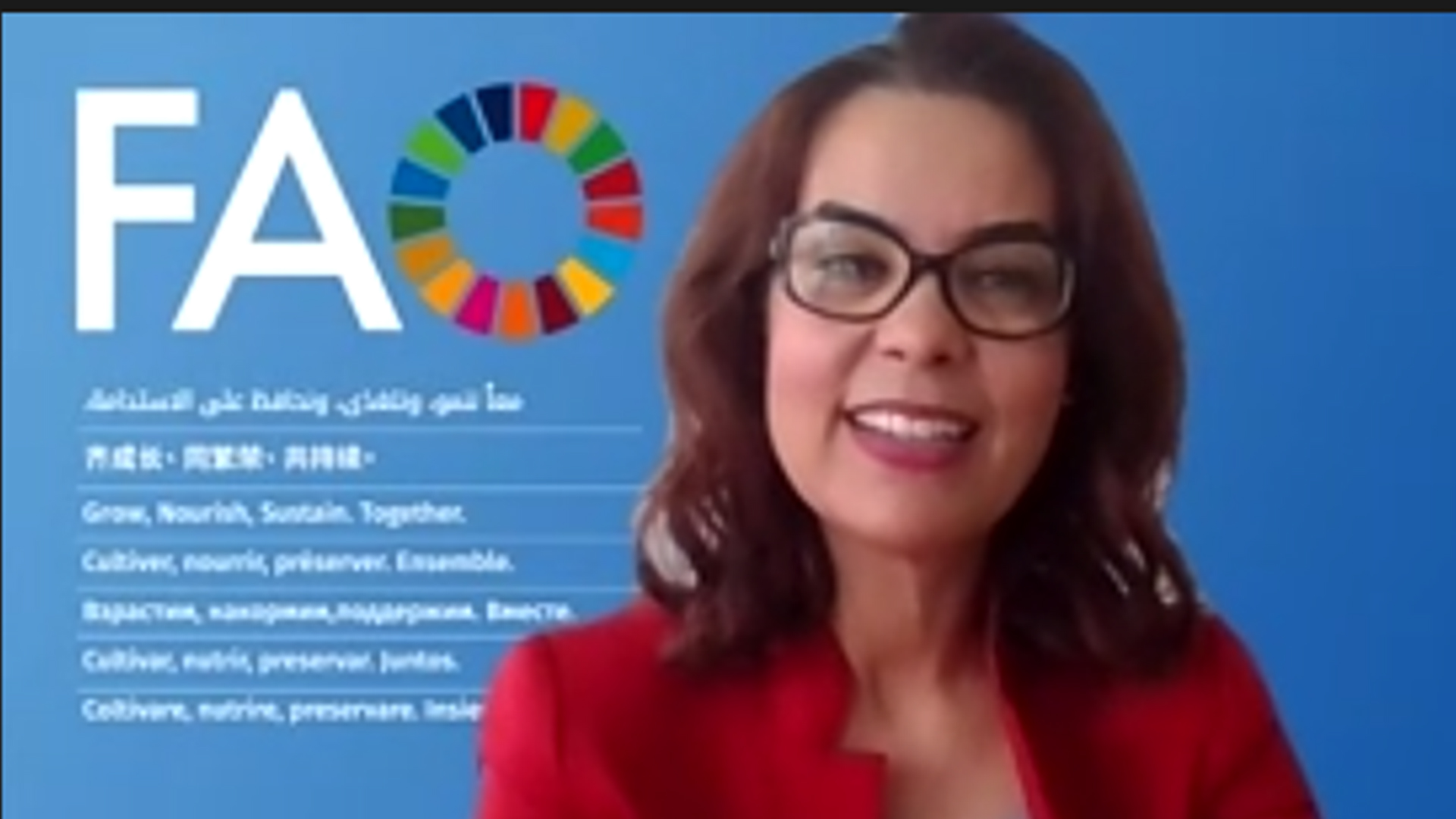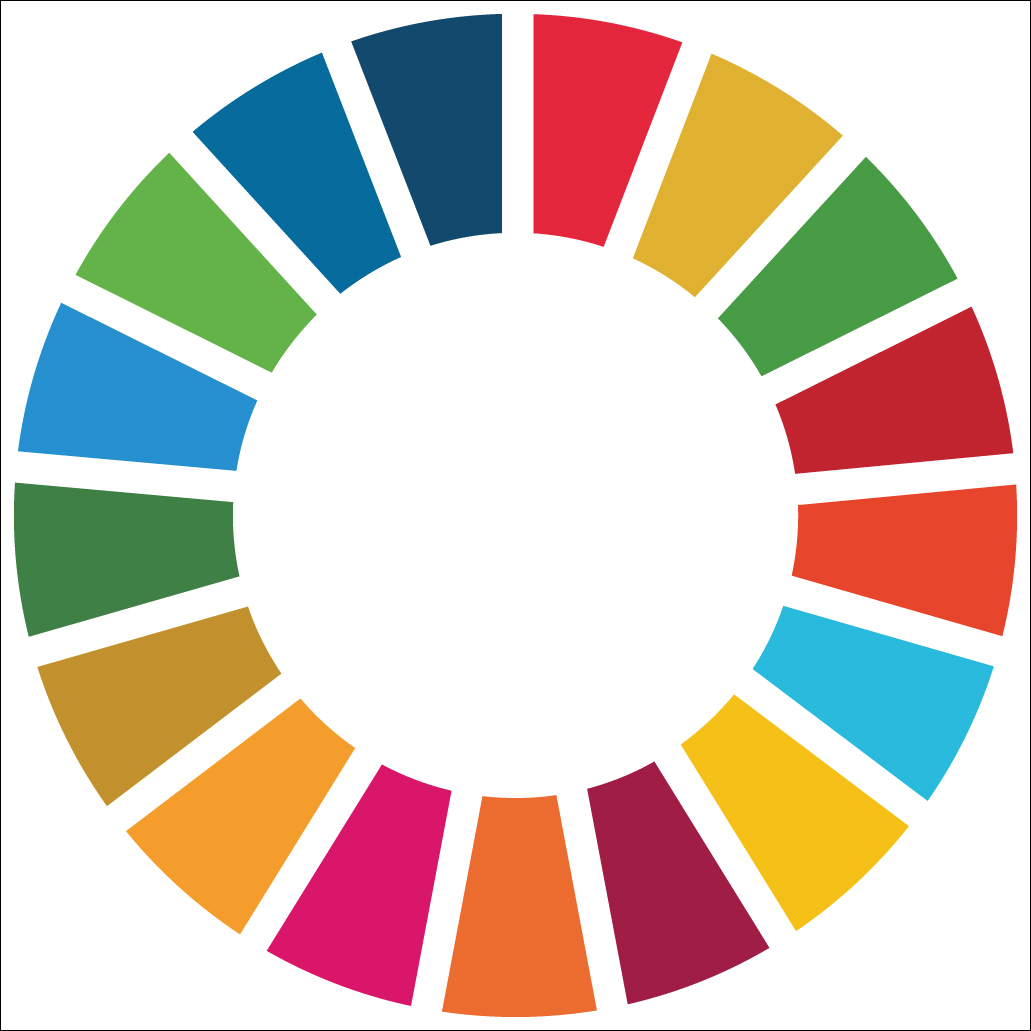
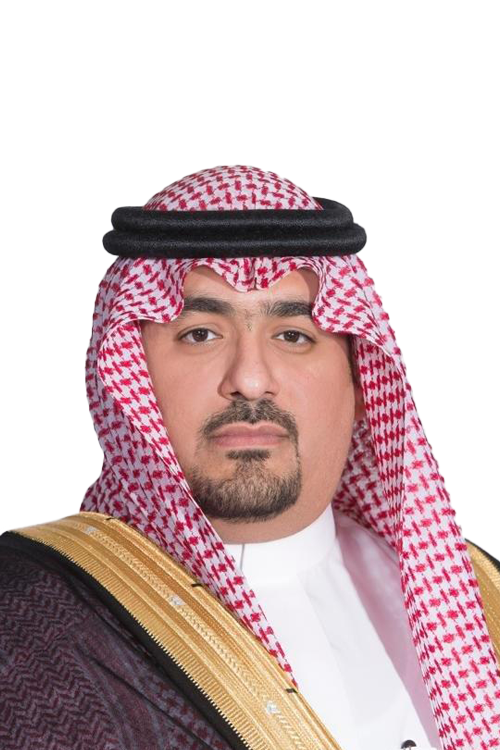

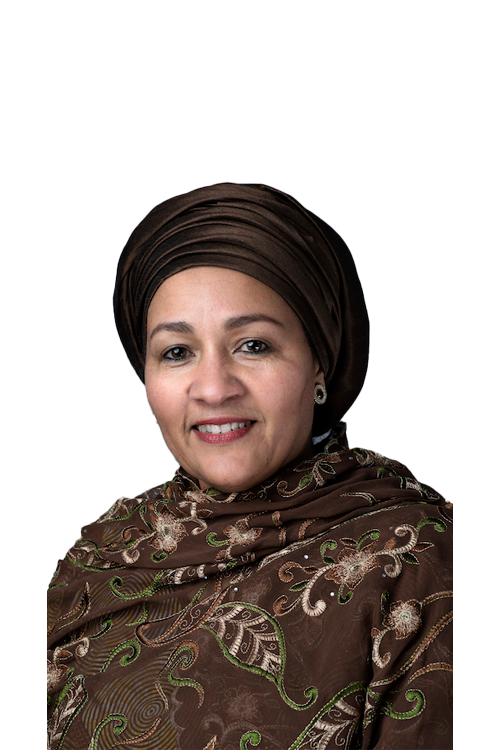

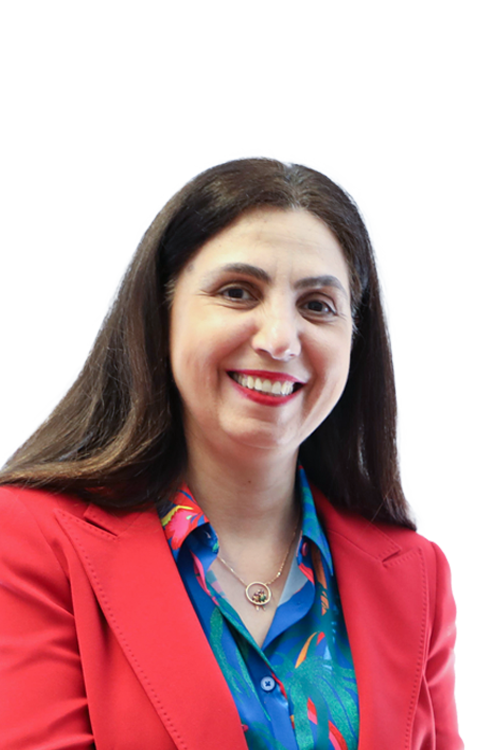
Guest Speaker
● Ambassador Mohammed Hussein Moh'd Ali Bahr AlUloom, Co-facilitator of the Ministerial Declaration/2021 Session of ECOSCO and the HLPF and Permanent Representative of Iraq to the United Nations Biography Statement
Statements by Member States
● H.E Mr. Marwan Al-Refai, Acting Secretary General of Planning and International Cooperation, Ministry of Planning and International Cooperation, Hashemite Kingdom of Jordan download statement
● H.E. Mrs. Amna Al-Rumaihi, Under-Secretary for National Economy, Ministry of Finance and National Economy, Kingdom of Bahrain download statement
● H.E. Ambassador Bouraoui Imam, Ambassador of the Republic of Tunisia in Lebanon download statement
● Mr. Nacim Gaouaoui, Acting Director General of Multilateral Relations, People’s Democratic Republic of Algeria download statement
● Mr. Fadlala Garzaldeen, Deputy Head of the Planning and International Cooperation Commission, Syrian Arab Republic download statement
● Ms. Maha Abdul Kareem Alrawi, Director General of the Human Development Department, Ministry of Planning, Republic of Iraq watch video download statement
● H.E. Dr. Ahmad bin Hassen Al-Hammadi, Secretary General of the Ministry of Foreign Affairs, State of Qatar watch video
● H.E. Mr. Khaled Mahdi, Secretary-General of the General Secretariat of the Supreme Council for Planning and Development, State of Kuwait download statement
● H.E. Dr. Hala Helmy El Saeed Younis, Minister of Planning and Economic Development, Arab Republic of Egypt Watch video
● H.E. Mr. M'hamed Grine, Ambassador of the Kingdom of Morocco in Lebanon download statement
